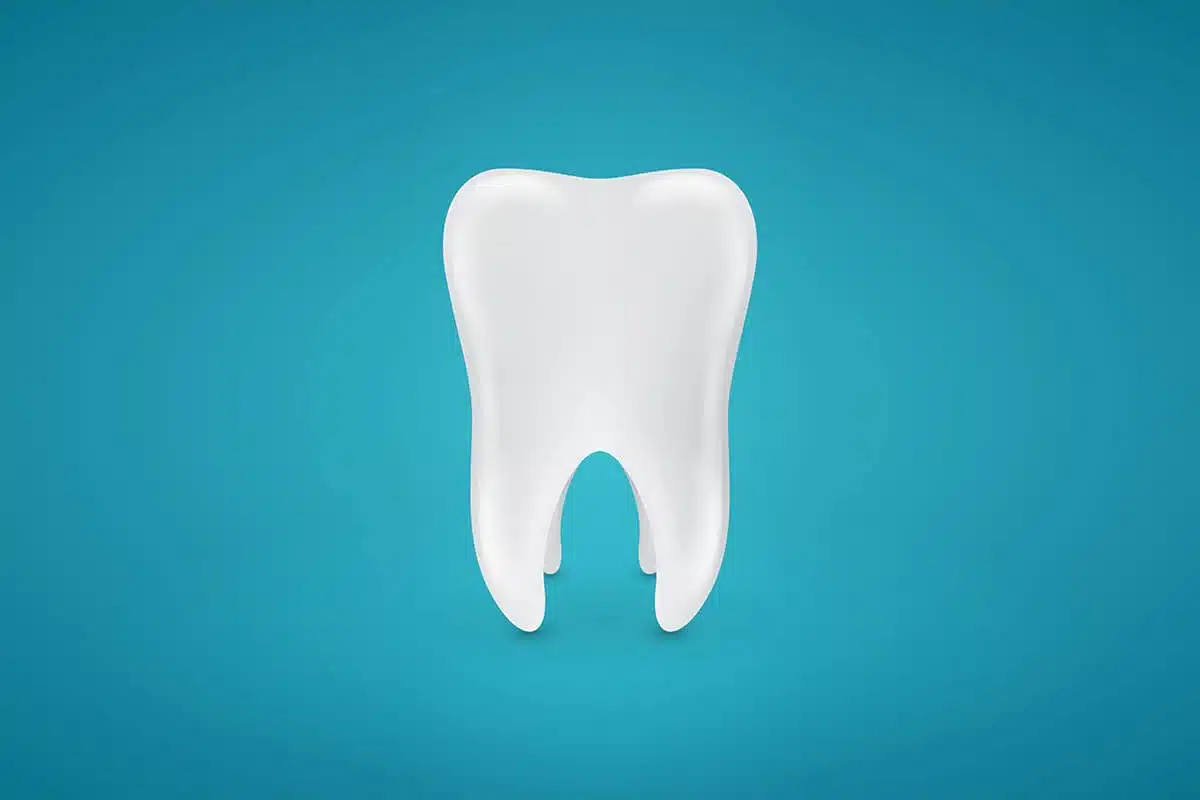
Have your wisdom teeth started to come in, but you’re unsure whether they need to be removed? You’re not alone—many people wonder if it’s really necessary to go through with the extraction.
While some wisdom teeth come in without causing problems, others can lead to pain, crowding, and even serious oral health complications. In this post, we’ll walk you through the risks, signs, and decisions surrounding wisdom teeth removal so you can make the best choice for your smile.
Do All Wisdom Teeth Need to Be Removed?
Not always. Some wisdom teeth grow in properly aligned and don’t cause any issues. However, many people experience complications such as impaction, infection, or damage to nearby teeth, making removal the safer option. The key is understanding when wisdom teeth can stay and when they pose a threat to your oral health.
When They Can Stay
In some cases, wisdom teeth come in fully and correctly aligned, fitting comfortably in the back of the mouth without affecting surrounding teeth. If they are healthy, fully erupted, and easy to clean, there may be no need to remove them. Your dentist will usually monitor these teeth during routine checkups to ensure they don’t shift, decay, or cause other issues over time.
When They Become a Problem
Wisdom teeth often don’t have enough room to erupt properly, leading to impaction when they’re trapped under the gums or only partially break through. This can create pain, swelling, and a higher risk of infection. Even when partially erupted, wisdom teeth are hard to clean, increasing the chances of decay and gum disease. They can also push against neighboring teeth, causing crowding and misalignment that may require orthodontic correction.
What Happens If You Don’t Get Your Wisdom Teeth Removed?
Pain and Discomfort
One of the most immediate and common issues caused by impacted or partially erupted wisdom teeth is pain. This discomfort can range from mild soreness to sharp, persistent pain in the back of the mouth or jaw. As the teeth push against surrounding structures, they can inflame the gums and irritate nearby nerves, making it difficult to chew, speak, or even sleep comfortably.
Crowding and Misalignment
When wisdom teeth don’t have enough space to erupt properly, they can push against adjacent teeth and cause crowding. This pressure can gradually shift your other teeth out of alignment, potentially undoing years of orthodontic work. Even if you’ve never had braces, crowding from wisdom teeth can lead to bite issues and affect the overall harmony of your smile, making early wisdom teeth evaluation important.
Cysts and Tumors
Impacted wisdom teeth can lead to the development of cysts—fluid-filled sacs that form in the jawbone—or even tumors. These cysts can damage nearby teeth, nerves, and even the jawbone itself if left untreated. Additionally, it’s also an oral hygiene issue; the hard-to-reach position of wisdom teeth makes them prone to trapping food and bacteria, which can result in painful infections, swelling, and difficulty opening the mouth or swallowing.
Gum Disease and Tooth Decay
Wisdom teeth that are partially erupted or difficult to reach can create the perfect environment for bacteria buildup. This can lead to gum inflammation, infections, and even periodontal disease. Additionally, because these teeth are so far back in the mouth, they’re notoriously hard to clean thoroughly, making them more prone to cavities and decay, which can spread to surrounding teeth if left untreated.
Sinus Issues
The upper wisdom teeth are located close to the sinus cavities, so when they grow in improperly or become impacted, they can put pressure on those sinuses. This can lead to symptoms like sinus pain, headaches, congestion, and even a sense of pressure behind the eyes. In some cases, the roots of the teeth can push into the sinus cavity itself, causing chronic discomfort or sinus infections. If you’re experiencing persistent sinus problems without a clear cause, your wisdom teeth could be the hidden culprit, especially if they haven’t been evaluated or removed.
TMJ Issues
When wisdom teeth erupt at odd angles or remain impacted, they can contribute to jaw tension and misalignment, putting extra stress on the temporomandibular joint (TMJ). This can result in jaw pain, stiffness, clicking or popping sounds when opening the mouth, and even headaches or earaches. Over time, this pressure can make everyday actions like chewing or speaking uncomfortable. For those already prone to TMJ dysfunction, wisdom teeth can make symptoms worse or trigger flare-ups, making removal a preventative step worth considering.
Damage to Nearby Teeth or Bone (Impaction)
As wisdom teeth grow in, especially if they’re impacted, they can press against the roots of adjacent molars or the jawbone itself. This pressure can weaken the surrounding structures, increasing the risk of root resorption, tooth damage, or even bone loss. Left untreated, the damage can become more extensive and lead to costly restorative procedures down the line.

Signs You Might Need a Wisdom Tooth Removal
Knowing when your wisdom teeth are causing more harm than good can be tricky, especially in the early stages. However, there are several common symptoms that could indicate it’s time to consider a wisdom teeth extraction. Keep an eye out for the signs below, and consult your dentist if any of them begin to affect your daily life.
- Persistent Jaw Pain or Swelling: Ongoing discomfort in the back of the jaw can signal that your wisdom teeth are impacted or inflamed.
- Difficulty Opening Your Mouth or Chewing: Limited jaw movement or pain while chewing may indicate pressure or infection caused by problematic wisdom teeth.
- Recurrent Infections or Bad Breath: Persistent bad breath and repeated infections in the back of the mouth are common signs that bacteria are trapped around partially erupted wisdom teeth.
Complications if You Ignore Wisdom Tooth Pain for Too Long
Putting off wisdom tooth removal may not seem like a big deal at first, especially if you’re not experiencing pain. However, waiting too long can lead to a number of consequences that make future treatment more difficult for your oral surgeon and recovery more intense for you. Here’s what you risk by delaying the procedure.
- More Complex Oral Surgery Later: The longer you wait to remove problematic wisdom teeth, the more complicated the surgical removal can become. As roots continue to grow and harden, they may intertwine with nerves or become embedded in the jawbone, making the extraction more invasive. This can increase the duration of the procedure, the potential for complications, and the overall recovery time.
- Greater Risk of Nerve Damage: Delaying wisdom tooth removal can increase the risk of nerve damage, especially when roots grow near or around the mandibular nerve. As the teeth become more embedded over time, extracting them safely becomes more challenging. This raises the chances of temporary or, in rare cases, permanent numbness in the lips, tongue, or chin—making early intervention the safer choice.
- Longer Healing Time: Delaying extraction may lead to a longer and more difficult recovery process. As wisdom teeth develop deeper roots and potentially cause more tissue damage, the body requires more time to heal after surgery. Additionally, if infection or inflammation is already present, post-operative discomfort and swelling can be more severe. Acting early often means a quicker, smoother healing experience with fewer complications.
Who Should Perform My Wisdom Tooth Extraction?
Choosing the right specialist for your wisdom tooth extraction is essential to avoid complications and ensure a smooth recovery. An experienced dental surgeon or periodontist can evaluate your specific case with precision and carry out the procedure safely, using the most advanced techniques available.
At Gallardo Periodontics and Implant Dentistry, Dr. John Paul Gallardo, DDS, PA, offers expert care in a state-of-the-art Miami facility. With more than 25 years of surgical experience, Dr. Gallardo provides minimally invasive wisdom tooth extractions with IV sedation for maximum comfort. Call 305-447-1447 or visit our contact page to schedule your appointment today.